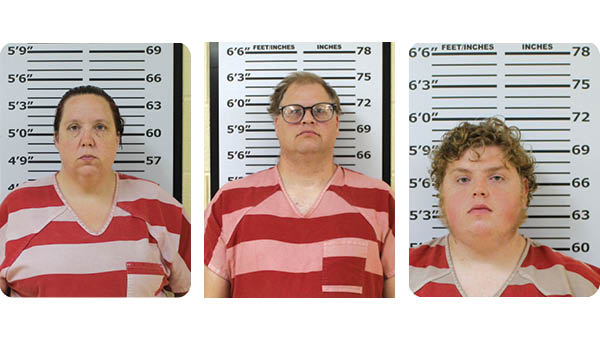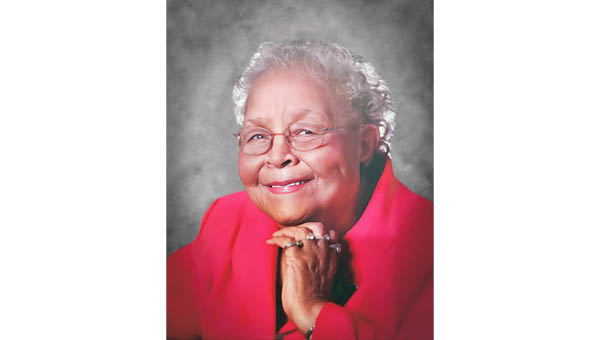Coronavirus: The dangers of myths
Published 4:17 pm Sunday, March 29, 2020
Along with new illnesses come facts and misconceptions.
Some of the popular myths surrounding COVID-19 are who can be affected, home remedies to cure it and even government conspiracies.
Many people believe young people cannot get the illness or are not at risk, others think gargling things like bleach can cure you. Meanwhile, social media posts are flooding saying that this is a government hoax to cover up something more sinister.
Dr. Arnold Hopland, founder of Medical Care, says that believing these myths can be harmful.
“There’s a lot that we don’t know about this coronavirus,” he said. “It is human nature to try to explain things we don’t understand. That leads to incorrect guesses about what the truth might be. Sometimes the explanation that is imagined leads to actions that can be harmful.”
Hopland stressed that misconceptions surrounding the ages of coronavirus patients has also contributed to the harm.
“Some believe that children cannot become infected,” he said. “The actual truth is that children are unlikely to die from this illness, but they are able to contract the infection. The danger might be that an infected child could pass the infection onto a high-risk adult. A second erroneous assumption that has caused danger is that young people are unlikely to catch this illness and therefore they don’t need to separate socially. This has resulted in infection spreading amongst college-age ill-informed students.”
Steve Hopland, Medical Care’s CEO, said there is a lot of misinformation currently being spread about the virus. He said this ranges from gargling certain things for cures to rumors on social media.
“The misinformation almost outweighs the real information,” he said. “It is a problem. It is adding the social aspect of it and even the news not giving all the information or putting in quotes, has raised both the anxiety levels and panic.”
Steve Hopland said that in regards to the coronavirus storm, we are not there yet.
“We see the rain coming, the clouds coming, but it hasn’t even begun to sprinkle yet,” he said. “People are thinking it’s already flooding and the world is ending. It isn’t. We aren’t there. People are getting too excited too quickly and won’t be able to protect themselves as long as they need to.”
He said that instead of people spreading misinformation and believing everything they read on social media, they need to be caring for themselves so that when more cases arise in the area, people are healthy enough to fight it off.
Steve Hopland additionally warned of the half myth, half truth surrounding the argument of the flu being worse than the Coronavirus.
“The thing is, this is both,” he said. “In some ways this is a lot less than the flu. Most of people who have this have little to no affects. It’s mild and very easy for a large chunk of the population. The problem is that it’s a much bigger chunk of the population than the flu that it will kill or cause severe respiratory problems. On one end, it’s much easier for a lot of people, those with the flu have the flu and look sick. With this, a lot of people that will have it, will have no signs or symptoms. This means they are going to be spreading it to their family, friends and everyone else they see cause they don’t think they’re sick. That’s the problem. So the people who do get it and do come down with it severely, particularly the elderly or other co-existing diseases, will get it and end up in the hospital.”
Of the basic myths, medical professionals have taken to websites to “myth bust.” This includes sites like the World Health Organization and Medical News Today. In these sites, common myths are debunked and explained.
According to Bill Christian with the Tennessee Department of Health, the best way to combat the illness remains with remaining clean, with things like proper hand washing, and social distancing.
“People who have concerns about their health should contact their regular health care providers, who can assess their risk for COVID-19 and determine if they should be tested,” he said. ”Many health care providers can assess patients for COVID-19 and collect samples to submit for testing. People who don’t have insurance and have concerns they may have symptoms of COVID-19 can contact the Carter County Health Department for consultation and to talk through potential options for assessment. Not every patient with respiratory illness needs to be tested for COVID-19.”






